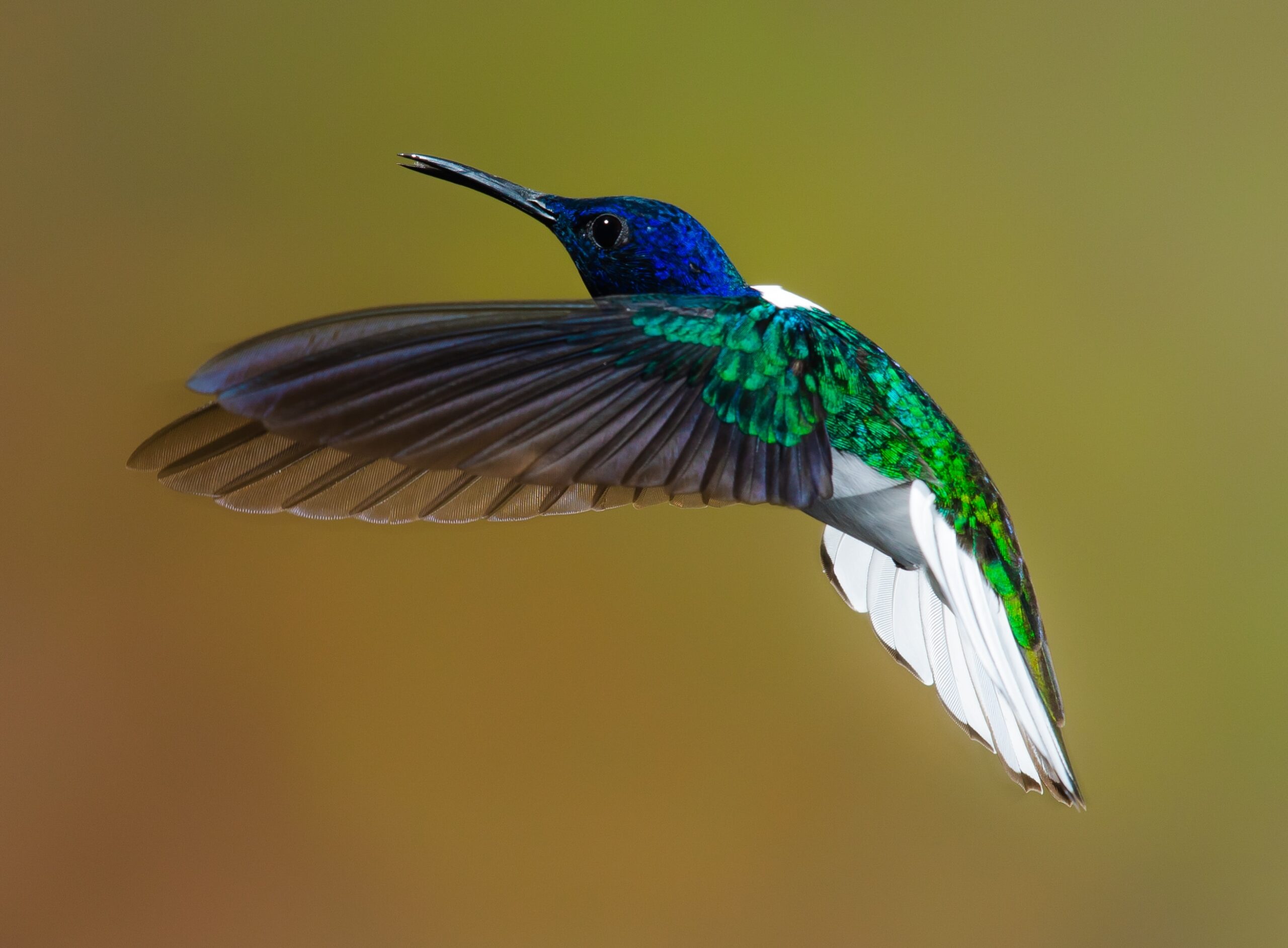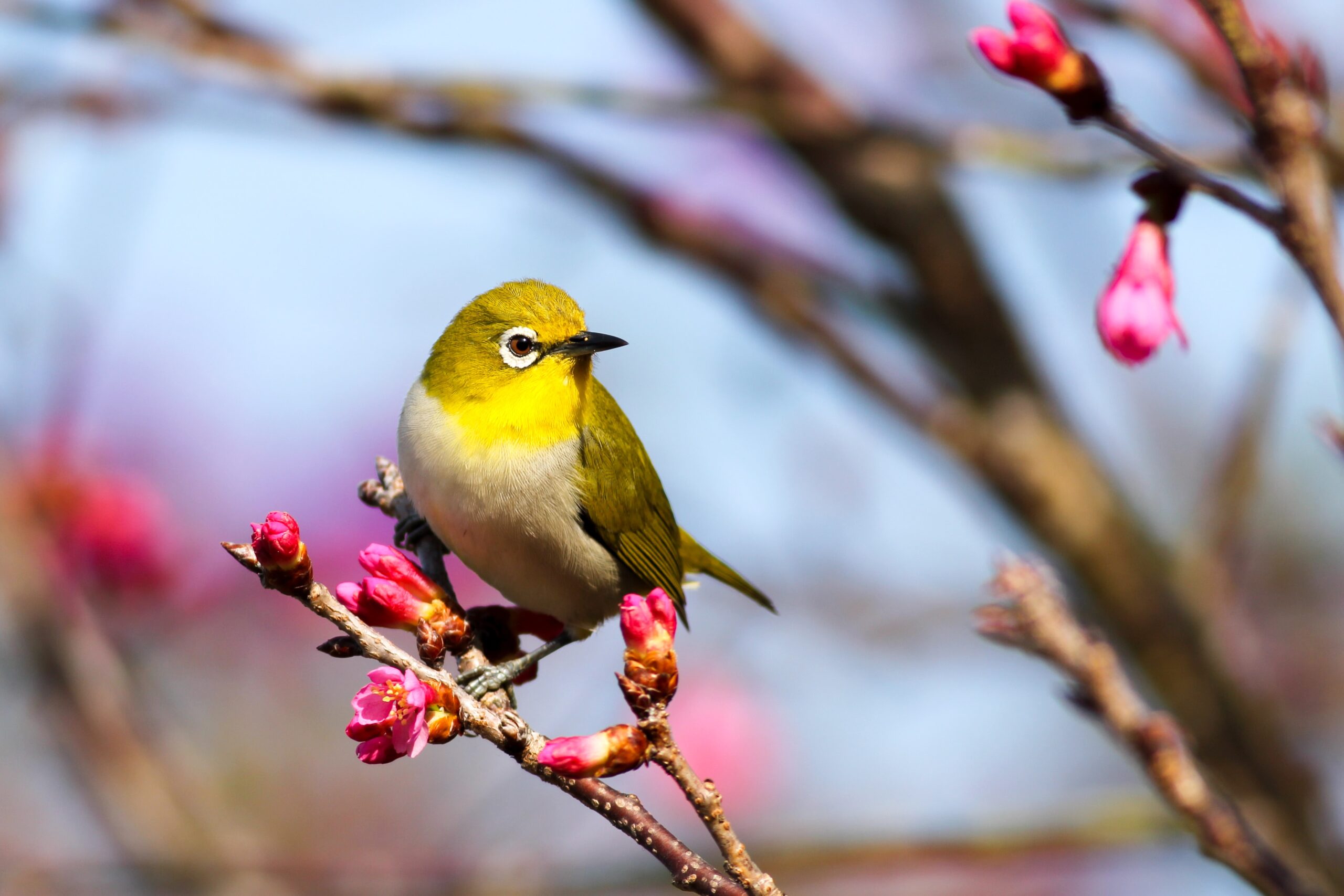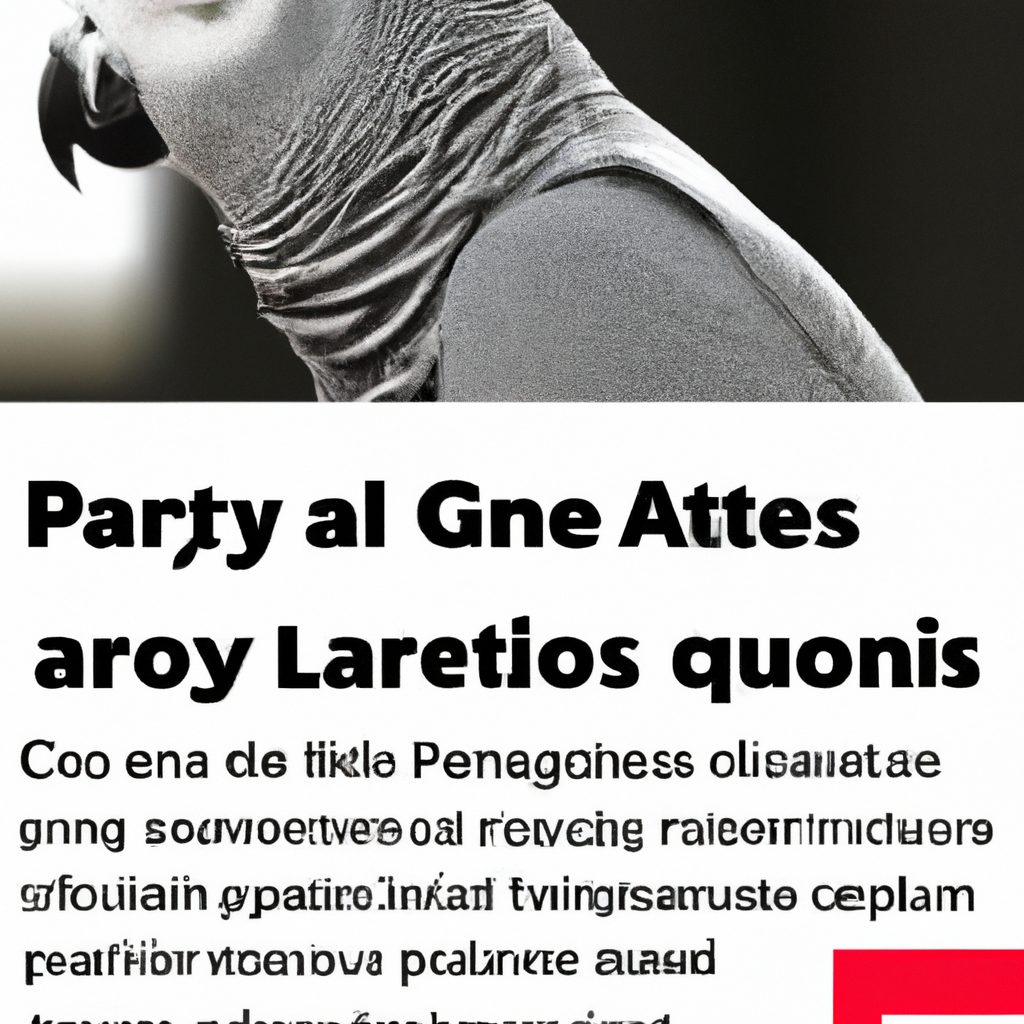African Grey Parrots have gained popularity as one of the most intelligent and talkative bird species. With their remarkable ability to mimic various sounds, including human speech, it is no wonder that many bird enthusiasts are drawn to them. However, among the excitement of owning an African Grey Parrot, a practical question arises – are they loud? This article explores the decibel levels of these parrots’ vocalizations and sheds light on their noise factor. Whether you are considering adopting an African Grey Parrot or simply curious about their vocal abilities, read on to discover the truth behind the volume of their distinctive calls.

Vocal Abilities of African Grey Parrots
African Grey Parrots are known for their exceptional vocal abilities. They possess a wide vocal range, impressive volume, and the ability to mimic a variety of sounds. These unique characteristics make them one of the most talented and sought-after parrot species when it comes to vocalizations.
Vocal Range
African Grey Parrots have an expansive vocal range that allows them to produce an array of different sounds. From low growls to high-pitched whistles, these birds can effortlessly navigate through various octaves. This range enables them to mimic not only the sounds they encounter in their environment but also human speech.
Volume
When it comes to volume, African Grey Parrots are quite capable of producing loud vocalizations. Their strong vocal muscles allow them to project their calls and mimicry with significant power. However, it’s important to note that these birds can also modulate their volume, producing softer and more gentle sounds when necessary.
Pitch
The pitch of African Grey Parrots’ vocalizations is another impressive aspect of their vocal abilities. They can mimic both high-pitched sounds, such as whistles and beeps, as well as low-pitched sounds like growls and deep squawks. This wide range of pitch adds to their versatility and makes their vocalizations even more captivating.
Ability to Mimic Sounds
One of the most fascinating aspects of African Grey Parrots’ vocal abilities is their capability to mimic a wide range of sounds, including both natural and artificial sounds. They can imitate the sounds of other birds, animals, household items, and even human speech. This mimicry is not only entertaining but also showcases their cognitive abilities and capacity to learn and imitate new sounds.
Factors Influencing Vocalizations
Several factors can influence the vocalizations of African Grey Parrots. It’s important to understand these factors to better comprehend the reasons behind their vocal behaviors.
Socialization
The socialization of African Grey Parrots plays a crucial role in their vocalizations. These birds are highly intelligent and social creatures. They thrive on interaction with their human caregivers as well as their avian flock members. A well-socialized African Grey Parrot tends to be more vocal and expressive, as they have learned to communicate effectively through vocalizations.
Environment
The environment in which African Grey Parrots are kept also affects their vocalizations. If they are exposed to a stimulating and enriching environment, they are more likely to engage in vocalizations as a form of communication and self-expression. Conversely, a monotonous or stressful environment may result in reduced vocalizations or even the development of problem vocalizations such as screaming.
Interactions with Humans
The interactions African Grey Parrots have with humans greatly impact their vocalizations. If they are provided with positive reinforcement and encouragement for their vocalizations, they may become more vocal and confident in expressing themselves. On the other hand, if their vocalizations are consistently ignored or discouraged, they may become more reserved and less likely to vocalize.
Emotional State
The emotional state of African Grey Parrots can also influence their vocalizations. When they are happy, content, or seeking attention, they may engage in contact calls or mimicry. Conversely, when they are agitated, anxious, or upset, they may resort to screaming or alarm calls as a way to communicate their distress.
Typical Vocalizations
African Grey Parrots have several distinct vocalizations that serve different purposes in their communication repertoire.
Contact Calls
Contact calls are commonly used by African Grey Parrots to stay in touch with their flock members or human caregivers. These calls serve as a way to maintain social connections and indicate their presence. Contact calls are often softer and gentler, allowing the bird to communicate without being too loud or intense.
Warning Calls
When African Grey Parrots sense danger or perceive a threat in their environment, they emit warning calls. These calls are louder and more urgent, alerting other members of their flock or their human caregivers to potential danger. Warning calls are characterized by their sharp and repetitive nature, aiming to grab immediate attention and prompt a response.
Alarm Calls
Similar to warning calls, alarm calls are vocalizations that African Grey Parrots use in response to immediate and perceived threats. These calls are typically louder and more intense than warning calls, focusing on alarming and mobilizing the flock or their human companions in the face of imminent danger.
Screaming
Screaming is a vocalization behavior that is often associated with African Grey Parrots. While it can be a form of expression for some parrots, excessive screaming may indicate underlying issues such as boredom, frustration, or attention-seeking behavior. Proper training and environmental enrichment can help manage and reduce excessive screaming in African Grey Parrots.
Nocturnal Vocalizations
African Grey Parrots are diurnal creatures, meaning they are primarily active during the day. However, they may still engage in vocalizations during the night for specific reasons.
Roosting Communication
During their natural roosting periods, African Grey Parrots may vocalize to communicate with other flock members. These vocalizations are typically softer and more subdued compared to their daytime vocalizations. Roosting communication helps maintain social bonds within the flock and reassures them of each other’s presence.
Environmental Response
Nocturnal vocalizations can also be triggered by environmental factors such as sudden loud noises or unfamiliar sounds. African Grey Parrots, being highly attuned to their surroundings, may respond to these stimuli with vocalizations, alerting their flock or human companions to potential threats or changes in their environment.

Learning Vocalizations
African Grey Parrots have an impressive ability to learn vocalizations, both from their flock members and from humans.
Imitation from Flock Members
When African Grey Parrots are raised in a flock or alongside other parrots, they have the opportunity to learn and mimic the vocalizations of their fellow feathered companions. Flock members serve as vocal role models, and young parrots learn from them through observation and imitation. This natural learning process contributes to the development of their vocal abilities.
Learning from Human Speech
African Grey Parrots possess a unique talent for imitating human speech. With their exceptional cognitive abilities and keen observation skills, they can learn to mimic words, phrases, and even intonations of human speech. This ability has made them popular companions and has fascinated researchers and enthusiasts alike.
Variations in Vocalization Patterns
Several factors influence the variations in vocalization patterns observed in African Grey Parrots.
Age and Development
As African Grey Parrots age, their vocalizations may change and evolve. Juvenile birds may have simpler vocalizations, while mature adults tend to develop more diverse and intricate vocal patterns. This progression in vocal abilities reflects their cognitive and emotional development as they grow.
Sexual Dimorphism
African Grey Parrots exhibit sexual dimorphism, with males and females having slight differences in their vocalization patterns. While these differences are not as pronounced in African Grey Parrots compared to some other bird species, trained listeners may be able to differentiate the sex of individual parrots based on their vocalizations.
Individual Differences
Just like humans, African Grey Parrots have individual differences in their vocalizations. Each bird has its unique style, pitch, and repertoire of vocalizations. These individual differences add to the charm and personality of these birds, making them even more captivating as companions.

Managing and Controlling Vocalizations
While African Grey Parrots’ vocalizations can be delightful and entertaining, excessive or problematic vocalizations may need to be managed and controlled in certain situations.
Environmental Enrichment
Providing African Grey Parrots with a rich and stimulating environment can help prevent boredom and reduce the likelihood of excessive vocalizations. Toys, puzzles, and interaction with their caregivers can keep these intelligent birds mentally and physically engaged, minimizing the need for excessive vocalization due to boredom or frustration.
Training Techniques
Training techniques, such as positive reinforcement and redirecting behaviors, can be effective in managing and controlling vocalizations. By rewarding desired vocalizations and redirecting or ignoring undesired vocalizations, African Grey Parrots can learn appropriate vocal behaviors and reduce excessive or problem vocalizations.
Common Misconceptions about African Grey Parrots’ Loudness
There are several misconceptions surrounding the loudness of African Grey Parrots that need to be addressed.
Exaggerated Noise Levels
While African Grey Parrots are capable of producing loud vocalizations, they are not necessarily excessively noisy overall. With appropriate training, environmental enrichment, and understanding of their needs, excessive noise can be minimized. It’s important not to generalize or exaggerate their noise levels without considering individual variation and proper care.
Potential for Noise Reduction
Contrary to popular belief, African Grey Parrots can be trained and managed to reduce excessive vocalizations. They respond well to positive reinforcement training and environmental enrichment, which can help redirect their energy and minimize the need for excessive vocalization. With patience, consistency, and proper care, the noise levels of African Grey Parrots can be effectively controlled.

Legal and Ethical Considerations
When considering ownership of African Grey Parrots, it is crucial to be aware of legal and ethical considerations regarding their vocalizations.
Noise Regulations
Before acquiring an African Grey Parrot, it’s important to research and comply with local noise regulations and ordinances. Some regions may have specific rules regarding noise levels, especially for residential areas. Awareness and adherence to these regulations can help ensure a harmonious relationship between the owner, parrot, and the surrounding community.
Ethical Ownership
Owning an African Grey Parrot is a commitment that comes with ethical responsibilities. Providing proper care, socialization, and a stimulating environment is essential for their well-being and happiness. Understanding their vocal needs and addressing them appropriately contributes to their overall welfare and helps establish a fulfilling companionship.
Conclusion
African Grey Parrots possess remarkable vocal abilities, including an extensive vocal range, impressive volume, and the ability to mimic sounds. Factors such as socialization, environment, interactions with humans, and emotional state influence their vocalizations. They exhibit various vocalizations, including contact calls, warning calls, alarm calls, and screaming. African Grey Parrots can vocalize during the night for communication and environmental response. They learn vocalizations through imitation from flock members and have an exceptional talent for mimicking human speech. Vocalization patterns may vary based on age, sexual dimorphism, and individual differences. Managing and controlling vocalizations can be achieved through environmental enrichment and positive reinforcement training. Common misconceptions regarding their loudness can be dispelled through proper care and understanding. Legal and ethical considerations should be taken into account when owning African Grey Parrots. Overall, recognizing and appreciating the vocal abilities of African Grey Parrots can result in a harmonious and fulfilling relationship between these intelligent creatures and their human companions.

